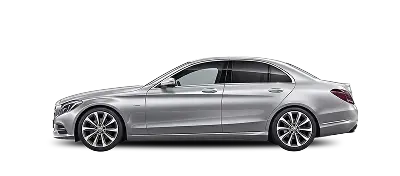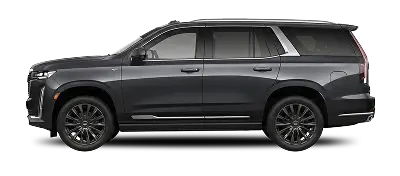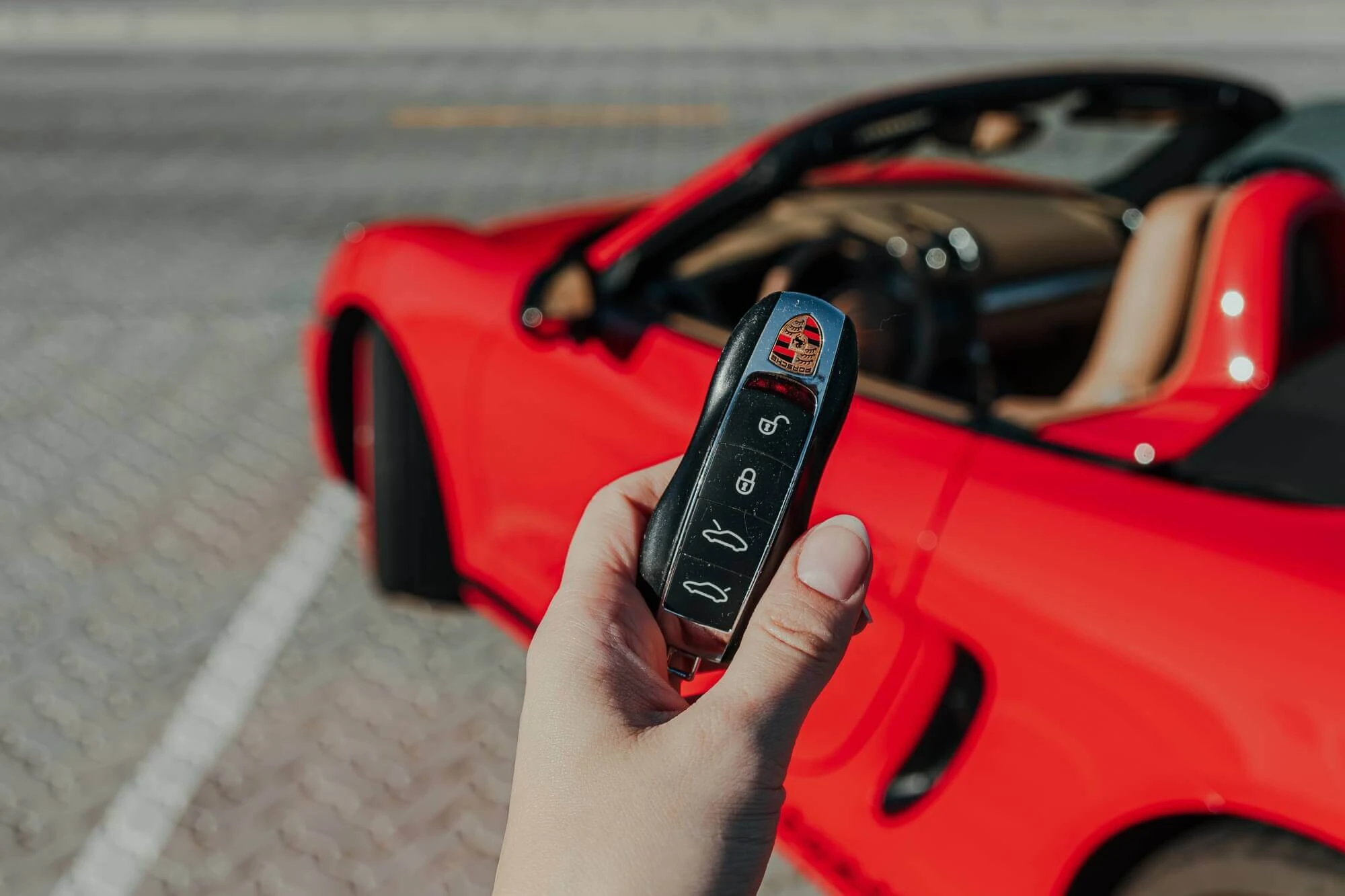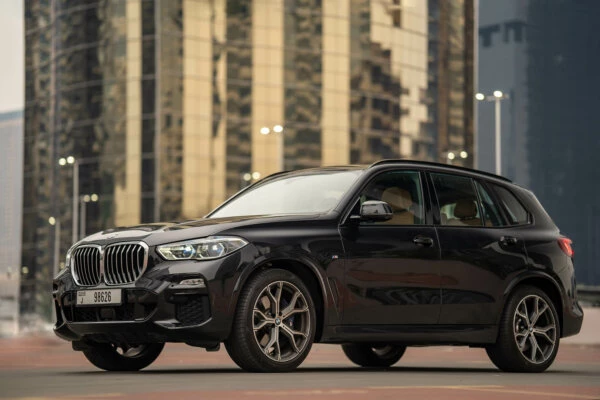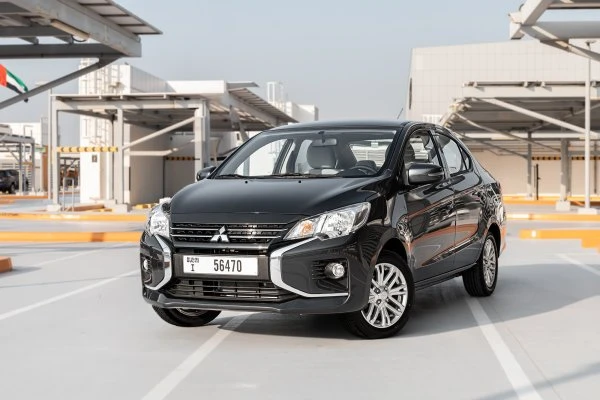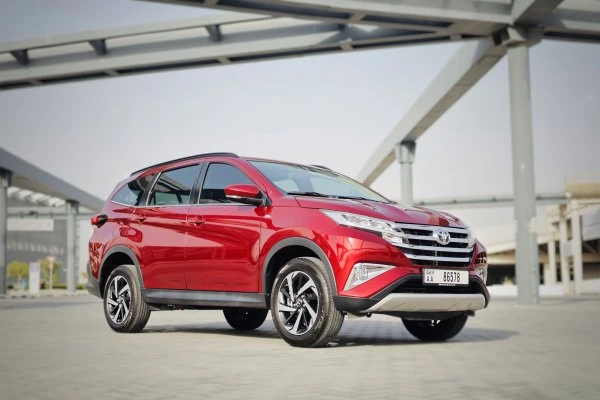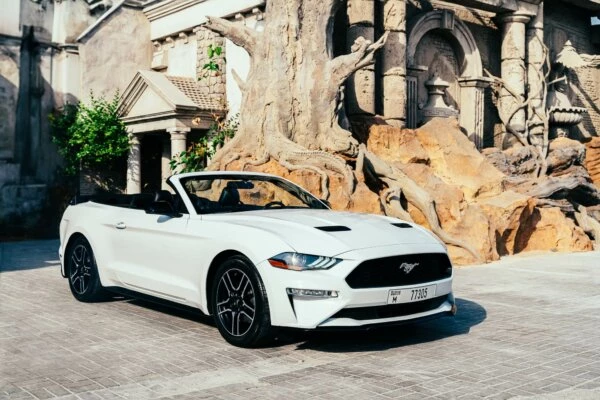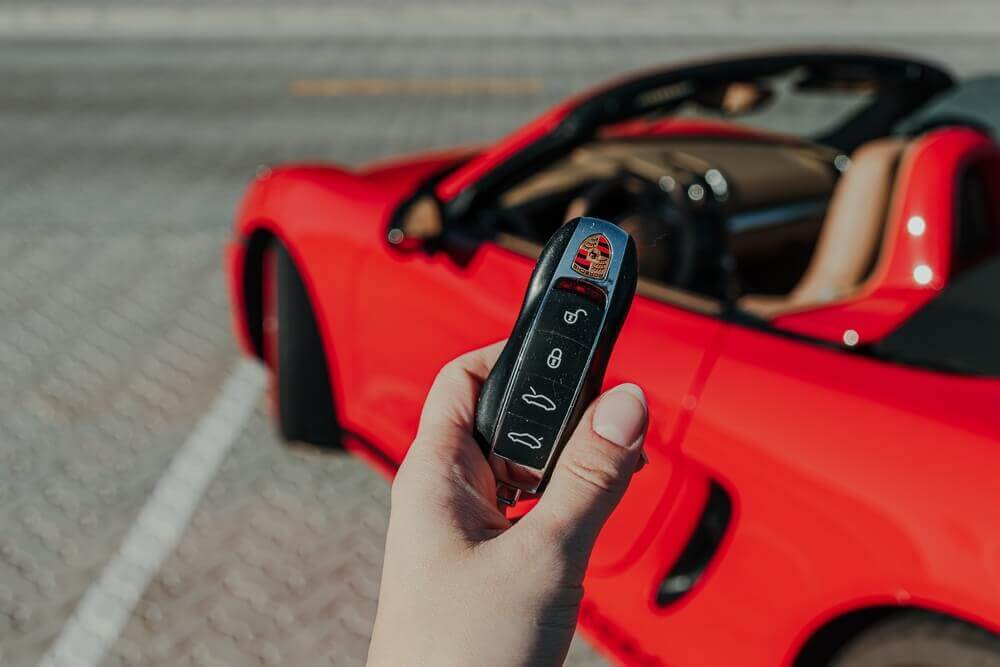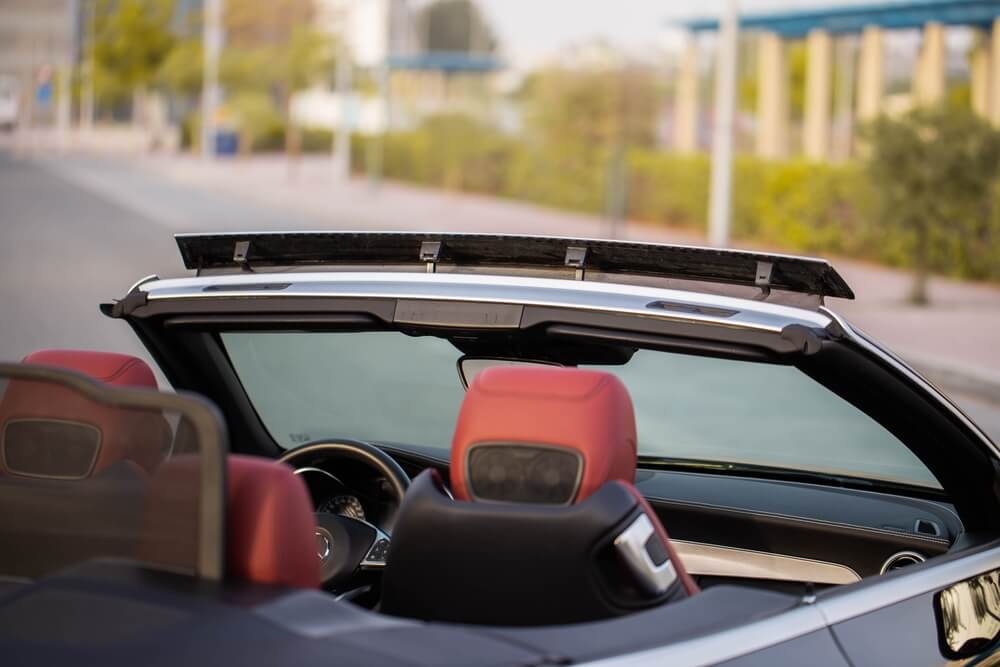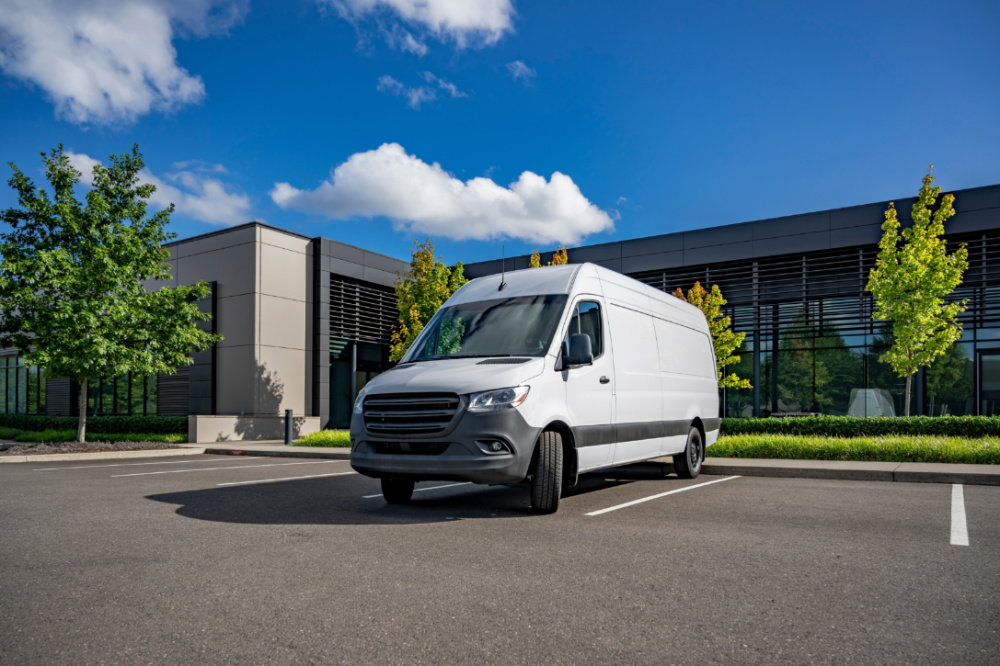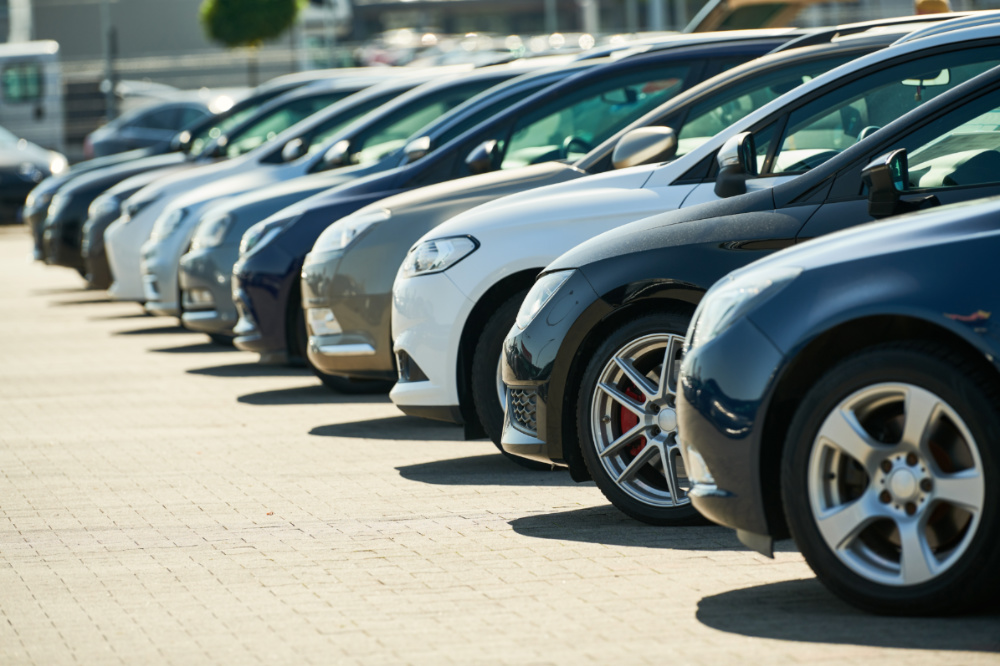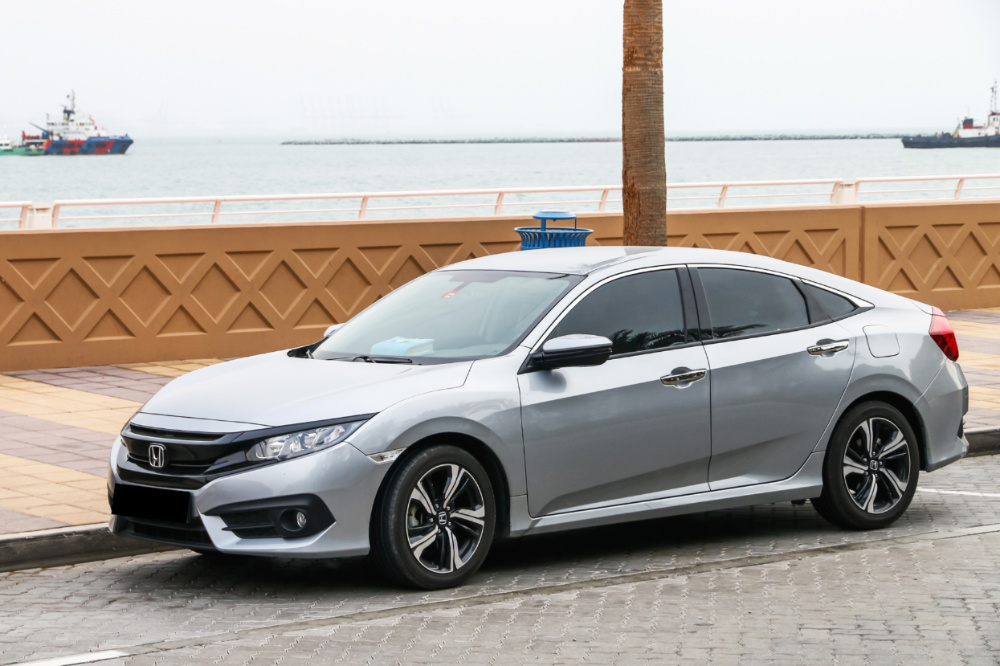- Car Rental Tips for First-Time Renters: Choosing the Right Car Rental in Dubai
- Traffic Laws and Etiquette When Renting a Car For The First Time
- Fuel and Parking Tips for First-Time Car Renters
- Navigation and Apps
- Best Places to Visit by Rental Car For the First Time
- First-Timer’s Guide to Car Rental Insurance Policies
- Returning The Rental Car
- Required Documents, Age and Driving License Requirements
- FAQ
Visiting Dubai for the first time? Renting a car during your stay is a convenient way to drive around the city. A rental car allows you to travel at your own pace and avoid the hassle of public transport. You can easily reach the main attractions or head out on a desert trip. For first-time travellers, understanding the local car rental process, traffic rules, and driving regulations is essential to ensure a smooth and enjoyable experience throughout your journey.
Car Rental Tips for First-Time Renters: Choosing the Right Car Rental in Dubai
Choosing a luxury car in Dubai depends largely on the purpose of your visit and the type of travel experience you plan to have.
- Business travel: For professional trips, sleek sedans like the Toyota Camry or Nissan Altima are popular choices. They offer comfort, fuel efficiency, and a polished look that’s perfect for business meetings.
- Family travel: Traveling with kids or a group? Spacious SUVs like the Nissan Patrol or Toyota Land Cruiser provide ample room for luggage and seating. They’re ideal for long road trips and city sightseeing.
- Desert adventures: A powerful 4×4 SUV with off-road capabilities is great. Models like the Jeep Wrangler or Ford Expedition are perfect for confidently navigating rough terrain.
- Luxury experiences: If you want to make your trip more special with a luxury car rental, then look at models such as the BMW 7 Series, Mercedes-Benz G-Class, or Rolls-Royce. They are stylish and comfortable.
- Economy and compact options: If you’re traveling alone or looking for a budget option, economy cars like the Toyota Yaris, Kia Rio or Nissan Sunny are ideal. They are easy to drive, fuel-efficient, and perfect for short city trips and errands. These cars are also great for navigating crowded areas or finding parking spaces.
- Sports cars: For those seeking adrenaline and top-tier performance, sports cars like the Chevrolet Corvette, Porsche 911, Bentley Continental GT, or Lamborghini Huracan deliver a thrilling car rental experience.
Dubai’s rental car companies and options are diverse and tailored to the preferences and budget of any traveler.
Traffic Laws and Etiquette When Renting a Car For The First Time
Driving in Dubai is generally smooth and well-regulated, with modern highways, clear signage in both Arabic and English, and well-maintained infrastructure. As a first-timer, it’s important to understand the local road rules, common practices, and what is expected of drivers to stay safe and avoid fines.
Speed limits are clearly posted and vary depending on the road:
- Urban roads: 60–80 km/h
- Highways: 100–140 km/h
- Residential areas: often 25–40 km/h
On many highways, there is a speed buffer of up to +20 km/h over the posted limit. However, near schools and in crowded areas, speed limits are strictly enforced with no buffer.
Exceeding the speed limit, even slightly, can result in automatic fines, which may be charged to the driver or deducted from the security deposit.
Speed Limit Tolerance and Traffic Penalties
Dubai has a zero tolerance policy for serious traffic violations. Here are some important rules to remember:
- Seat belts are mandatory for all passengers.
- Using a mobile phone while driving is strictly prohibited unless you’re using a hands-free system.
- Driving under the influence of alcohol or drugs is a criminal offence that carries severe penalties, including imprisonment and confiscation of the vehicle.
- Parking violations, illegal turns, and ignoring pedestrian crossings can also result in fines.
- Some violations can result in black points on your driving license or a temporary driving ban, even for tourists.
Stay alert, drive safely, and always respect speed limits and traffic laws and regulations. Booking a car with a GPS can help you with this.
Fuel and Parking Tips for First-Time Car Renters
One of the advantages of driving in the UAE is the cheap fuel. Petrol is widely available and refuelling is quick and easy. Petrol stations are common in the city, on highways and even in remote areas. However, it’s advisable to keep your car with a full tank if you’re driving to the countryside or in the desert, as there are fewer stations in such areas.
Parking in Dubai is well-regulated, with a mix of paid and free parking areas.
Paid Parking Zones
Dubai’s Roads and Transport Authority (RTA) manages city parking. Paid parking zones are clearly marked, and parking fees typically range from AED 2 to AED 4 per hour, depending on the location and time of day.
You can pay for parking using the RTA’s smart parking meters, Nol card, or the RTA Dubai app, which allows convenient remote payment and parking time extension. Paid parking hours generally run from 8:00 AM to 10:00 PM, Saturday to Thursday. Fridays and public holidays usually have free parking unless otherwise indicated.
Free Parking
Shopping malls, hotels, and some tourist attractions offer free parking to their guests. Residential areas may have restricted zones where only those with permits can park, so always check the signs before leaving your car.
Avoid parking offenses, such as blocking driveways or parking on sidewalks, as fines are enforced promptly and can be costly.
Navigation and Apps
UAE’s GPS systems are reliable, and most rental cars come with built-in navigation.
If you prefer to use apps, Google Maps and Waze work seamlessly throughout the city, delivering real-time traffic updates, accurate directions, and estimated travel times. They help you avoid congested routes and easily find gas stations, parking, or attractions.
The Dubai Police app is a useful tool for checking and paying traffic fines, reporting incidents, or accessing road safety alerts.
These digital tools make driving in the city not only manageable but also enjoyable. You’ll have everything you need to avoid unnecessary detours and make the most of your time in the city.
Best Places to Visit by Rental Car For the First Time
Having a rental car in Dubai opens up a world of exciting places to visit, both within the city and beyond.

- One must-see attraction is the Burj Khalifa, the world’s tallest building, offering breathtaking views of Dubai’s skyline and desert surroundings.
- For a more relaxed day, drive to the Dubai Marina, a vibrant waterfront area perfect for a stroll along the promenade, dining, and shopping.
- Jumeirah Beach is another great spot to unwind, with its pristine sandy shores and stunning views of the iconic Burj Al Arab hotel.
- If you’re seeking adventure and family fun, head to Dubai Parks and Resorts, home to thrilling theme parks like Motiongate, Bollywood Parks, and Legoland.
- For a taste of desert beauty, take a drive to the Dubai Desert Conservation Reserve, where you can enjoy desert safaris, dune bashing, and traditional Bedouin experiences.
A car rental Dubai gives you the freedom to discover these top attractions at your own pace, creating a richer and more flexible travel experience.
First-Timer’s Guide to Car Rental Insurance Policies
Familiarize yourself with rental insurance, as it’s an important part of preparing for your trip. When you rent a car in Dubai, certain coverages are usually included in the rental:
- Collision Damage Waiver (CDW): This limits your financial liability for damage to the rental car in the event of an accident. However, it often comes with a deductible, meaning you’ll still be responsible for a portion of the repair costs.
- Third Party Liability Insurance: This covers damage or injury you cause to other people, their vehicles, or property while driving.
These coverages don’t always include theft protection, roadside assistance, or coverage for damage to tires, windshields, or the underside of the car.
Additional Insurance Services:
- Super Collision Damage Waiver (SCDW): Reduces or completely eliminates the deductible, giving you almost full coverage with minimal out-of-pocket expenses after an accident.
- Theft Protection (TP): Covers the loss of your auto due to theft or attempted theft.
- Personal Accident Insurance (PAI): Covers medical expenses for the driver and passengers in the event of injury in a collision.
- Roadside Assistance Insurance: Useful if you plan to navigate outside of the city. It usually includes assistance for flat tires, dead batteries, lockouts, or towing.
- Tire and Glass Protection: Covers damage to the windshield, mirrors, or tires, which are usually excluded from basic insurance.
Whether or not you need additional insurance depends on several factors.
If you already have international travel insurance or a credit card that offers rental car protection, it may already provide similar coverage.
For short trips within Dubai, standard insurance may be sufficient.
When driving in the desert, traveling between emirates, or renting a luxury car, it’s recommended to consider extended insurance.
Always read the terms and conditions of the insurance carefully and ask the rental company to explain anything you don’t understand.
Returning The Rental Car
Make sure you fill the tank to the same level it was when you picked it up to avoid penalties and expensive fuel surcharges.
Take the time to thoroughly inspect the car with the rental company before handing over the keys. This is to check for any new damage or issues that have occurred during the rental.
Also, be aware of the rental company’s policies regarding late returns and mileage restrictions. Returning the car after the agreed upon time may result in additional hourly or daily fees, so plan your schedule to avoid last-minute delays. Exceeding the mileage limit, if one has been set, may also result in additional fees, so confirm these limits in advance and follow them during your trip.
Always read the rental agreement before signing, as terms, conditions, and additional fees can vary between different rental companies. Ask for clarification on anything you don’t understand. By staying informed, prepared, and proactive, you can avoid unexpected charges.
Required Documents, Age and Driving License Requirements
Before setting off in Dubai, here’s what first-timers should have ready:
- Your home country’s driver’s license
- International Driving Permit (IDP)
- Passport
- Visa
These documents confirm your identity, legal entry into the country, and the validity of your stay.
The minimum age is generally 21 years old, but this can vary depending on the car type. For luxury, sports, or premium vehicles, the minimum age may be 25 or older.
In addition to meeting the age requirement, you usually need to have held your driver’s license for at least one year. This ensures that the driver has sufficient experience behind the wheel.
While most car rental companies often require a valid credit card in the driver’s name for a security deposit, Octane doesn’t charge a deposit fee, allowing you to plan your budget clearly without added costs.
Be sure to check the rental conditions and book in advance to avoid last-minute surprises.






